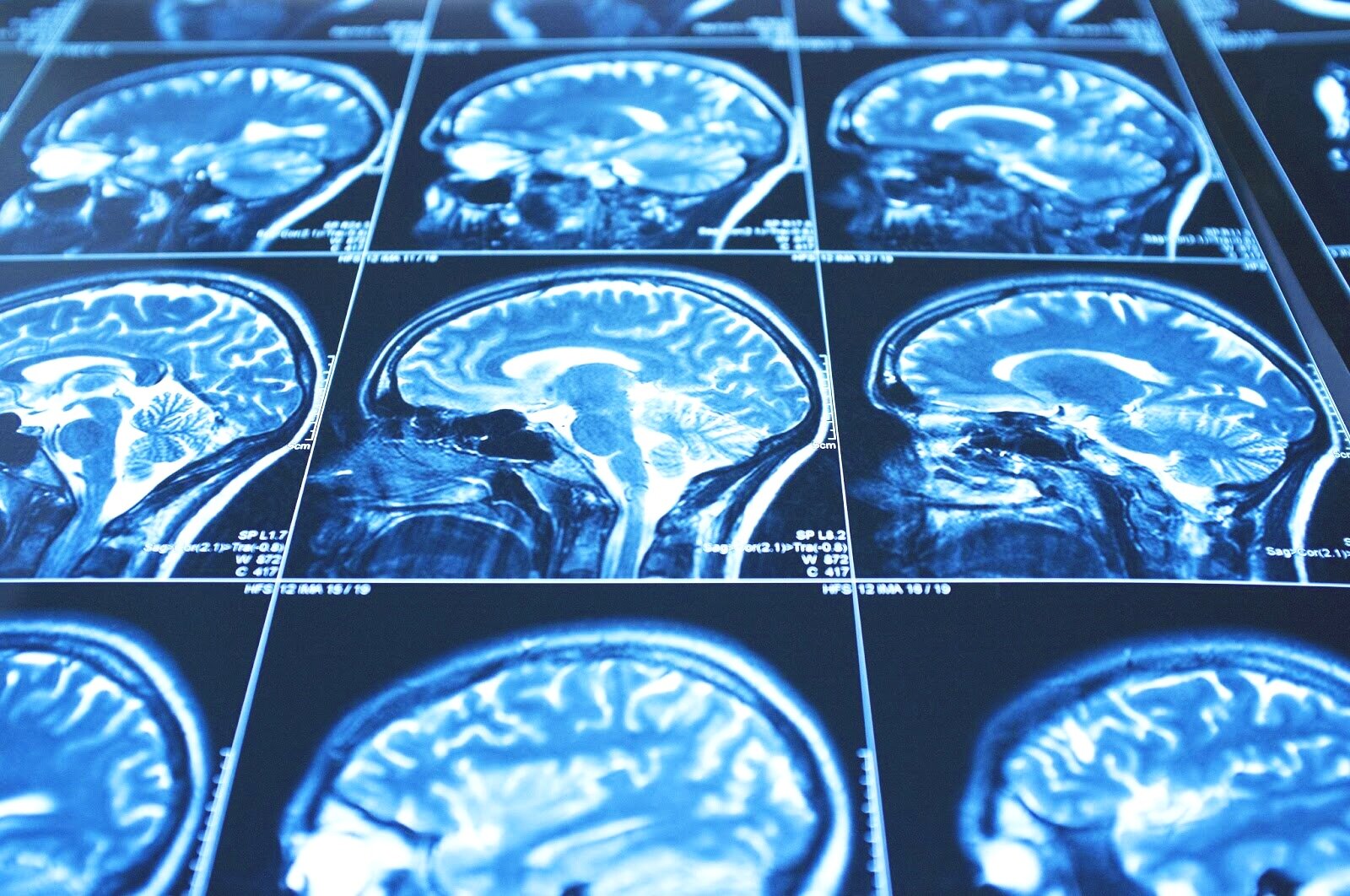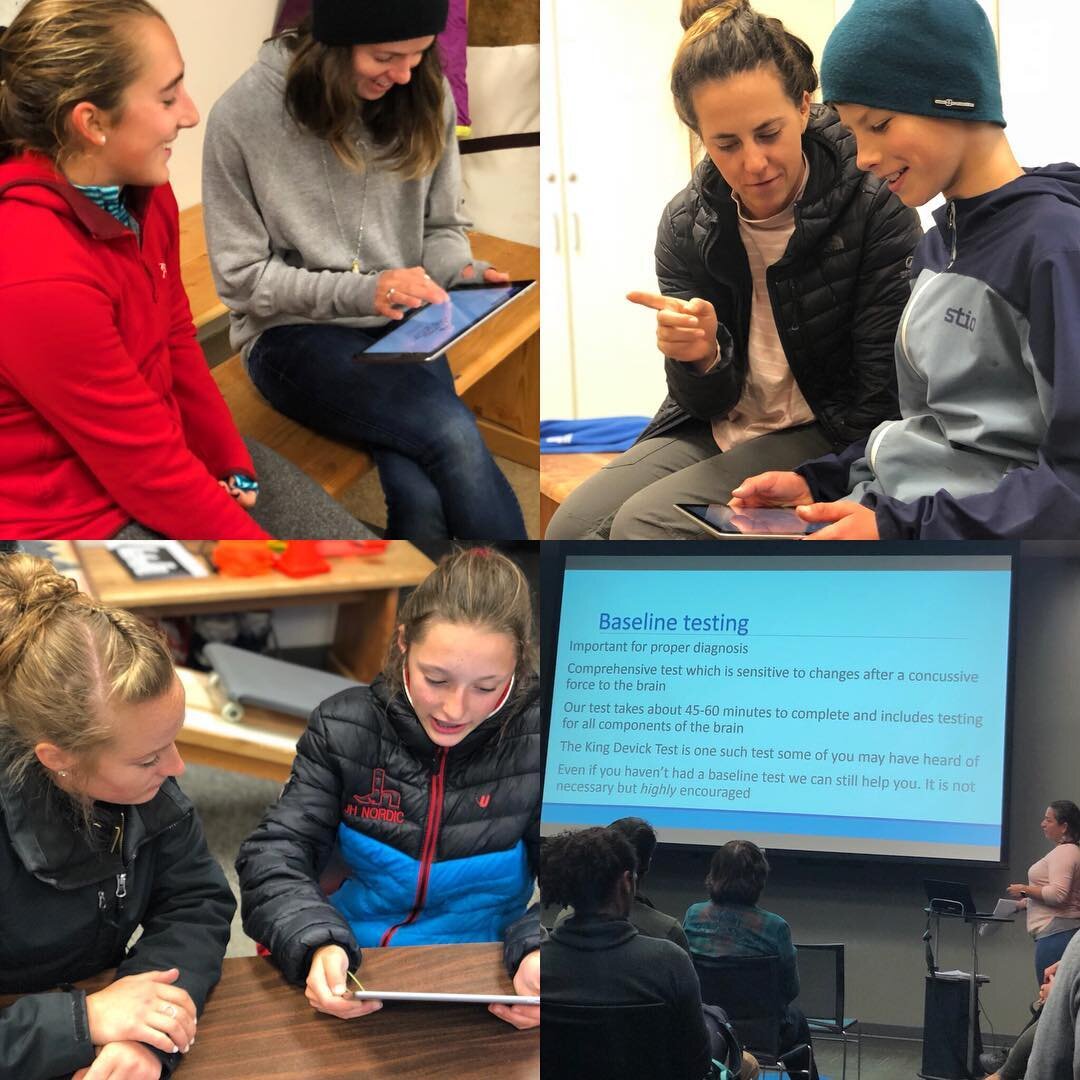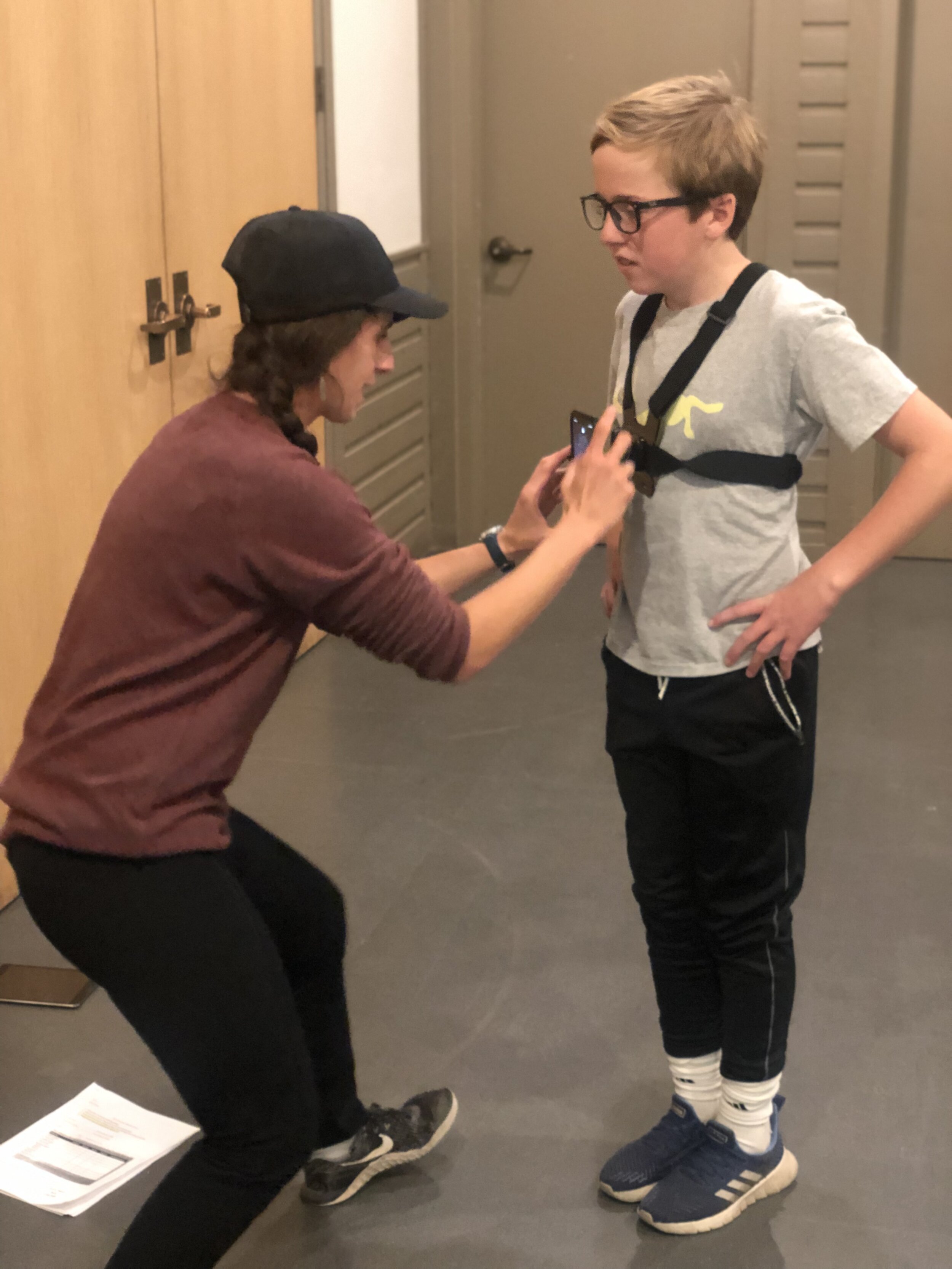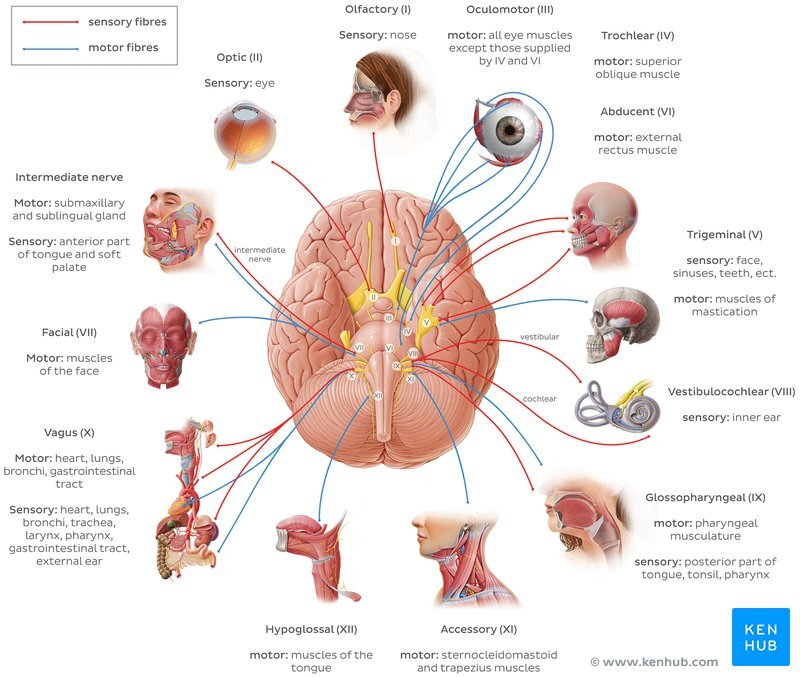
RESOURCES
what is a concussion?
A concussion is a type of traumatic brain injury (TBI) caused by a bump, blow, or jolt to the head.
Concussions can also occur from a fall or a blow to the body that causes the head and brain to move quickly back and forth.
Doctors may describe a concussion as a “mild” brain injury because concussions are usually not life-threatening. Even so, their effects can be serious.
-
Youth Concussion Info
Signs, Symptoms, and Information about Concussions. This Informational sheet is Designed for Directors, Board Members, Coaches, Safety Agents, Parents/Guardians, and Volunteers, for the purpose of providing optimal safety for our JH youth athletes.
-
HEAD INJURY PROTOCOL
A flow chart for athletes, indicating the progression from injury to returning to play. This is a good resource for parents and coaches.
-
Local Clinics
A list of medical professionals who specialize in concussions. Serving Jackson, Teton Valley, ID, and surrounding areas.
-
Testing
Details about the major tests we use in our evaluations including the sideline tests and in-clinic tests.
-
CDC Resources
Center for Disease Control’s training and resources on concussion awareness at the following
-
Exercises
Some simple exercises to do post-concussion injury. The “Pencil Push-up” and convergence tests to do at home after an examination.
you have questions & we have answers
What to do and when to do it
If Mild
It is a transient event, You will experience some dizziness and discomfort which typically lasts 7-10 days.
See our suggested Protocol List and at-home exercises Above.
Moderate > Severe
Symptoms WilL Often persist longer and may require you to seek out clinical attention.
Description of Concussion
Concussion has been defined as a complex pathophysiologic response to biomechanical forces imparted to the brain.
Risk of Continued Participation: A repeat concussion that occurs before the brain recovers from the first—usually within a short period of time (hours, days, or weeks)—can slow recovery or increase the likelihood of having long-term problems. In rare cases, repeat concussions can result in edema (brain swelling), permanent brain damage, and even death. are usually not life-threatening. Even so, their effects can be serious.
Kutcher, JS and Giza, CC.
Sports Concussion Diagnosis and Management.
We test Clinically using baseline & post-injury tests
Through these tests, we can get a lot of information on how to treat, or where to refer.
KING-DEVICK/KD BALANCE - pre-season baseline and post-injury Tool.
BESS — a quick and objective measure of balance after a concussion.
DIX-HALL PIKE - diagnose a kind of vertigo called benign paroxysmal positional vertigo.
VOMS — smooth pursuits, saccades, convergence, vestibular-ocular reflex, visual motion sensitivity testing.
Buffalo - Concussion Treadmill Test
OBSERVATION - light sensitivity, noise sensitivity increased anxiety and cognition.
STATS
22% OF HEAD INJURIES ARE SEVERE ENOUGH TO CAUSE LOSS OF CONSCIOUSNESS OR CLINICAL SIGNS OF CONCUSSION
Snowboarders have a 50% higher rate of head and neck injury as compared to skiers
HEAD INJURIES ACCOUNT FOR UP TO 20% of SNOWBOARDING RELATED INJURIES IN NORTH AMERICA ANNUALLY.
- US National Library of Medicine National Institutes of Health
We’re here to help answer your questions.












